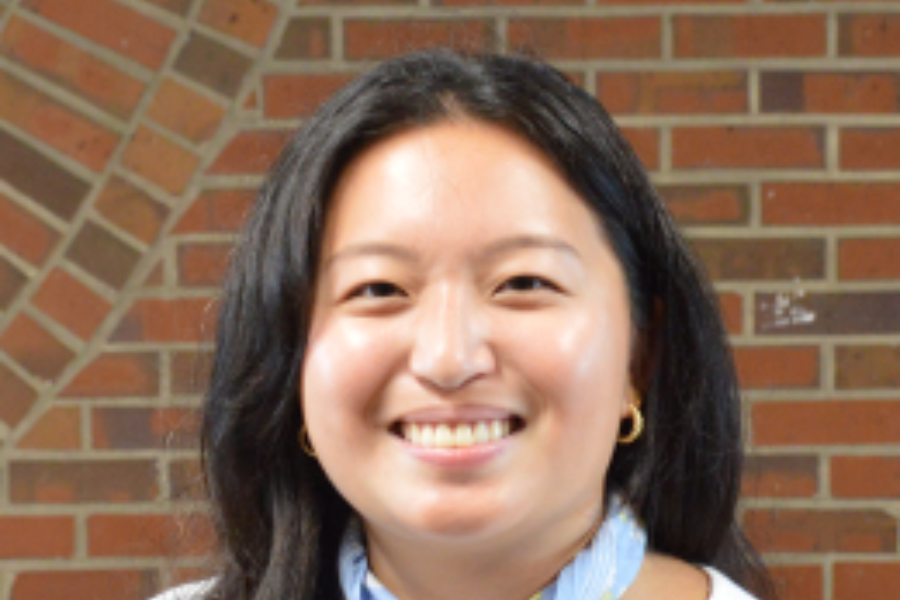Stephanie Estrera

"Solid science can shape societal solutions"
College: Arts and Sciences
Degree Program: Developmental Psychology
Degree: Doctoral
Award: FIREFLIES Fellowship (2022)
Why FSU?
When I was looking for PhD programs, lab-fit and advisor-fit was really important to me. My advisor, Dr. Sara Hart, is both an excellent mentor and does work in a research area I’m interested in: behavioral genetics and reading. I’m on an FSU fellowship through the Florida Center for Reading Research, which has opened up many different avenues for learning alongside and working with other graduate students and faculty whose academic homes are outside of Psychology but also have an interest in reading research. Additionally, the Department of Psychology has a very strong statistics program, and I knew that the classes and opportunities here to learn quantitative methods would be an asset for the types of jobs I’d want to pursue in the future.
Motivation to pursue a graduate degree
I was fortunate enough to be exposed to research in undergrad by working as an undergraduate research assistant in three developmental psychology labs, and I found myself deeply interested in pursuing a research career while completing an undergraduate honors thesis. After undergrad, I spent a few years in my paternal home country, the Philippines, as a Peace Corps Volunteer, where I worked at an elementary school. This experience solidified my interest in understanding why children vary in their reading skills, even when they have similar protective or risk factors. All of this culminated in my pursuit of a graduate degree in Developmental Psychology, because I knew that if I want to have the skills to explore my own research questions, I would need a PhD.
Importance and/or impact of research and work
Reading development is a result of the interplay of genetic (“nature”) and environmental (“nurture”) influences. Understanding the role of each of these factors on reading skills can be critical for creating and improving upon educational interventions and instruction for children. There’s still so much we have to learn about how our genes and environment influence our reading skills, and aspects of this work are still unanswered. There’s also an opportunity for behavioral genetics (i.e., the field focused on disentangling genetic and environmental factors on a trait, like reading skills) to become more applicable to teachers and students, so that our scientific findings can make a difference within the classroom. Ultimately, there’s potential for this line of work to benefit educational stakeholders and further our understanding of genes and the environment.
Career aspirations
Currently, I aspire to be a researcher in higher education, but I’d be happy in any line of work that has an avenue for engaging with educational research. Ideally, I’d like to be a professor at an R1 institution (like FSU!).
Advice for anyone considering graduate school
Before applying to a program, consider if you need that type of degree to pursue the career you want. If I didn’t want a career in research, I wouldn’t be in a doctoral program! If possible, identify and reach out to folks who have the types of jobs you want in the field you’re interested in and talk to them about their educational and professional experiences. Not everyone has the same path, but getting their perspectives may be really helpful for making decisions about your future.
Accomplishments during graduate career
I’m still early in my graduate career, but I submitted my first first-author publication to a practitioners journal for teachers in January 2023 :) I also received the Florida Interdisciplinary Research Fellows in Education Sciences (FIREFLIES) Fellowship through the Florida Center for Reading Research; the Jane M. West Fellowship; and the Lois P. Watson Endowed Fund in Psychology.
